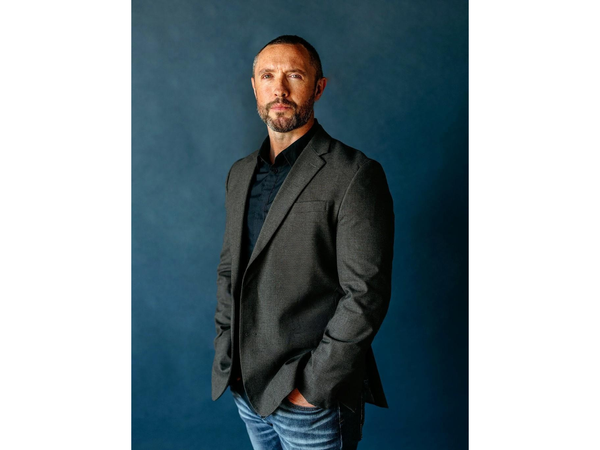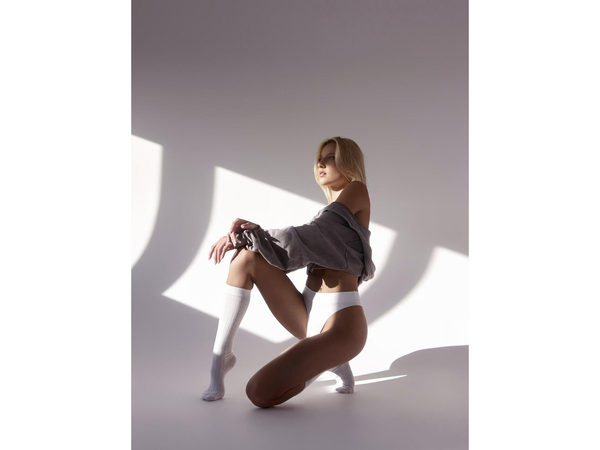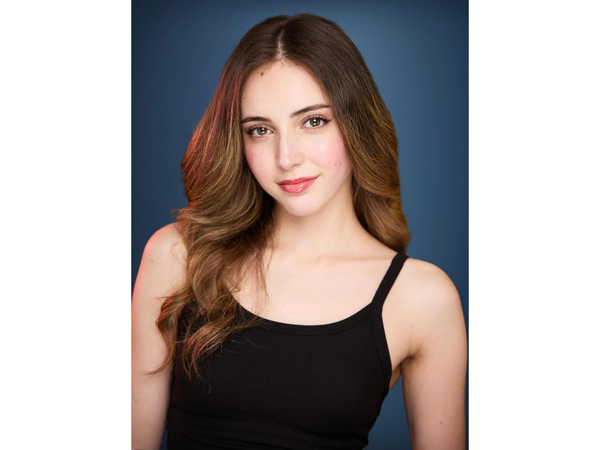LENA DRAKE TALKS PLASTIC COUCH
"Performance allowed me to explore deeper"
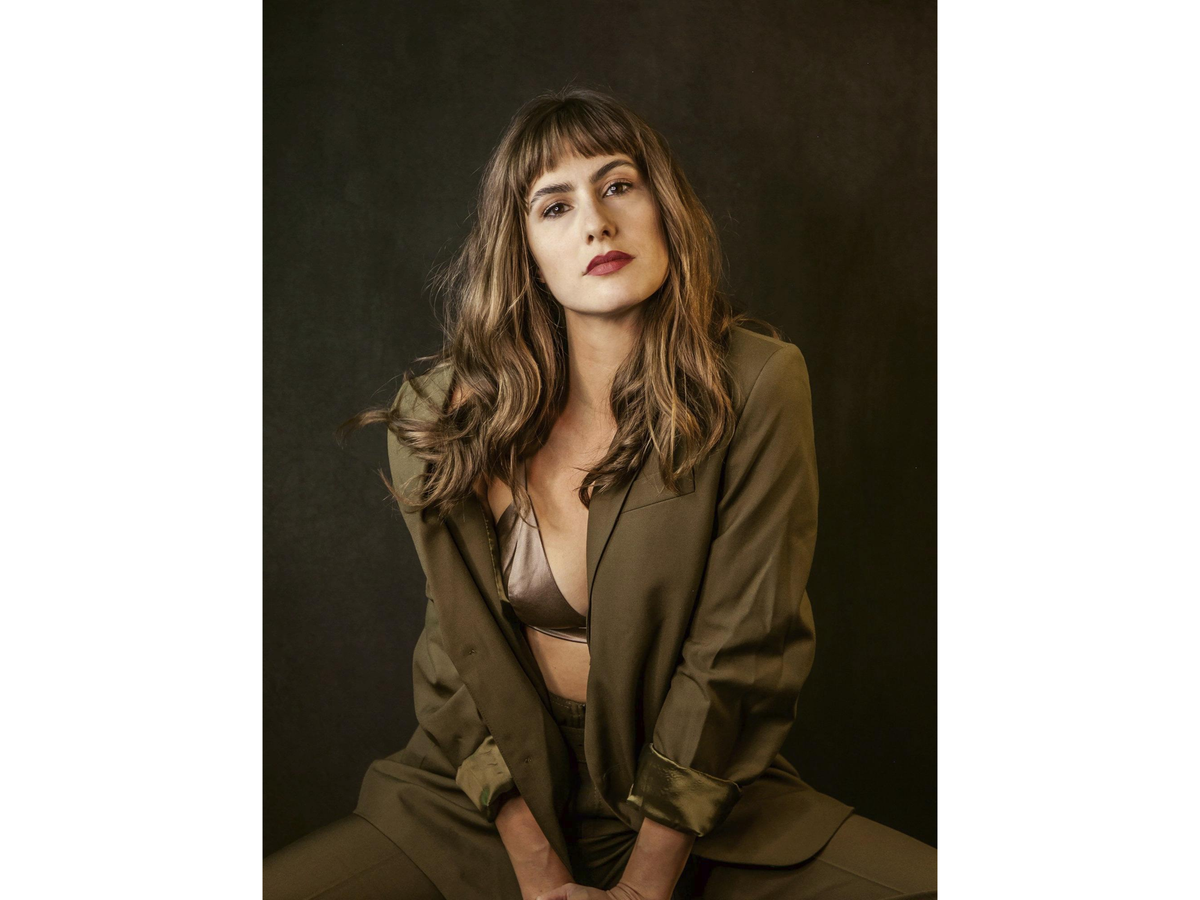
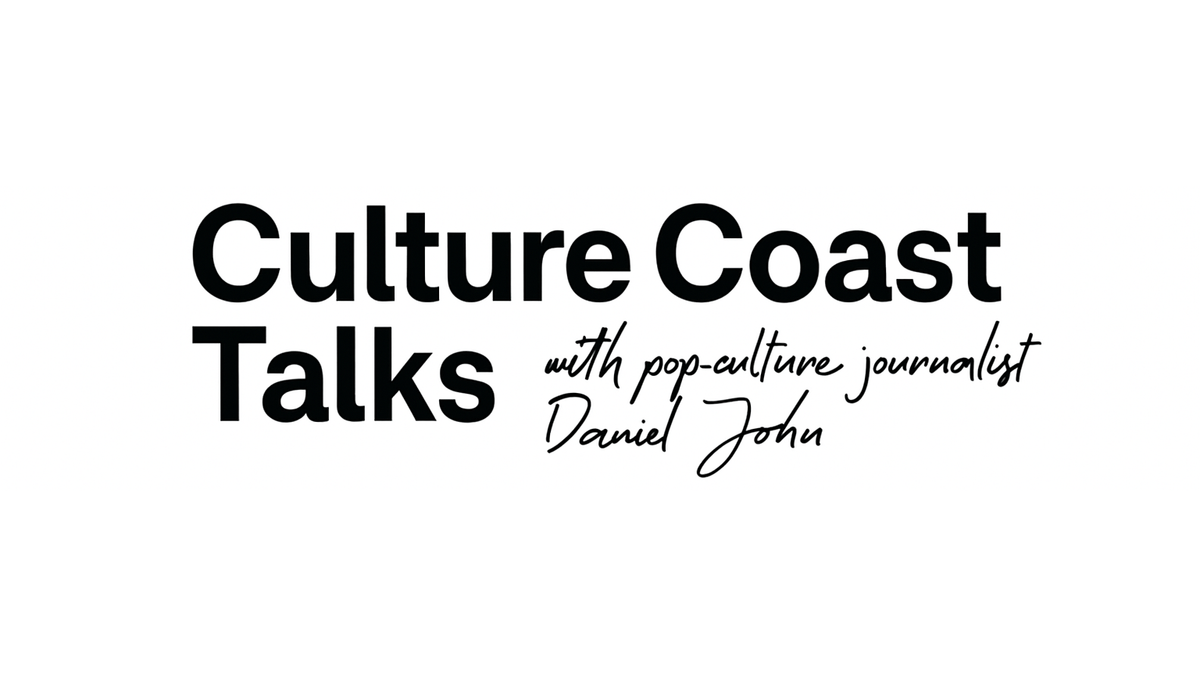
When did you first fall in love with acting, what led you to the world of theatre and storytelling?
I grew up dancing competitively. I didn’t have the feet or the turnout, but I loved to tell a story. In elementary school, I told my teacher I hated math because I didn’t see a point in learning about things that had an answer, that were black and white. I’m really interested in the in-between, grey, unsolvable parts of life. Performance has allowed me to explore deeper questions viscerally and creatively, it’s how I make sense of the world and myself.
Is it right you had an early dream of wanting to be a back up dancer for Britney Spears?
I still dream of dancing for Britney Spears. Britney, if you see this, I’m available for hire.
In ‘Plastic Couch’ two sisters help their dad clean out their grandma’s apartment after her passing. What was your approach to portraying Lila, especially given the strong emotional tensions between the three?
My family is Greek and we are very close, that closeness allows for a lot of unbridled expression. My approach to Lila was to lean into the fact that she has this unwavering, unconditional love for her family, which allows her to express the full breadth of disdain she feels when they disappoint her. In close families we tend to reveal our ugliest sides to one another because deep down we know they won’t bail, no matter how much of ourselves we expose. This short beautifully captures the tension in dysfunctional families who carry a lot of love. Even after an explosive fight, you still sit down for a family dinner.
Is that how your process usually looks, do you prefer to bring characters to life bringing experiences of your own into a role or by understanding their own circumstances from a blank slate?
I build a character’s physicality from scratch, defining how they move, speak, and engage with the world around them. However their internal life is always shaped by my own emotional experiences. I approach their tactile presence with imagination, while I take a more analytical look into their perspectives, opinions, and emotional arcs. This balance allows me to craft characters that operate uniquely in their identity on screen, but feel deeply personal in my portrayal of them.
This is the kind of film that might not reach the largest of audience but the ones it reaches it touches in a real way, what projects do you feel the most passionate about as an actress at this point?
I recently starred in an independent feature film, 'The Send-Off', available on Prime Video and AppleTV. My character, Alex, drives much of the story’s underbelly, revealing dark truths about a seemingly glamorous protagonist. One of the most rewarding aspects of this role was developing the dynamic between my character and her partner, played by Zachary Ray Sherman. Together, we intentionally shaped a relationship that was complex and multi-dimensional. We wanted to explore the deeper layers of their conflict, the underlying force that kept pulling them back to one another, hope. I’m drawn to playing with opposites because I believe all intense emotions are rooted in their opposite. The challenge of this role was in looking beyond the surface-level conflict to uncover the tender, unmet needs that ultimately led her into a toxic relationship.
Are there any other recent and upcoming work you are excited for?
So glad you asked. I begin production on an arthouse feature film this spring that I’ve been dreaming up for years. The narrative is being told entirely through dance to the music of Joey Pecoraro. I will be co-directing with Julie Deffet, starring in the film with an incredible dancer named Hugo Brument Scuderi, and our DP is the talented Liam Stimpson. We have an amazing team behind us and we can’t wait to share this work with the world.
Do you think more actors pursuing writing and producing stories themselves in response to studios being more risk averse is creatively inspiring or a cause for legitimate concern?
As an actor who has been writing for years and is now making my first feature as a filmmaker, I do believe all artists who are called to filmmaking should answer the call. Peter Hedges did a talk at the University of Michigan my senior year where he relayed how important it is to collaborate with your own circle of creatives. It can be easy to aim high and focus our ambition on the industry, rather than the thing that drove us here to begin with, creativity and collaboration. Peter encouraged us to reach out to our five most talented friends and start making films together, instead of waiting for studios to call. This is the spirit indie filmmaking was built on, a way to create tactfully and imaginatively, without all the gatekeepers in the way. I’m finally following that advice and can’t wait to share what we’ve been cooking.


